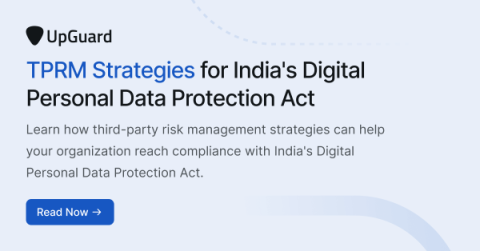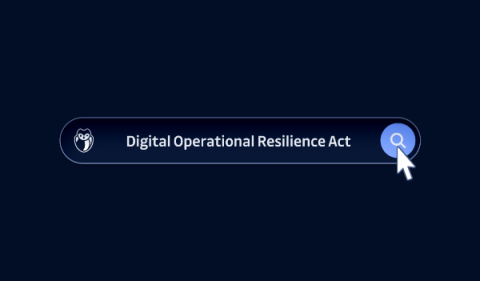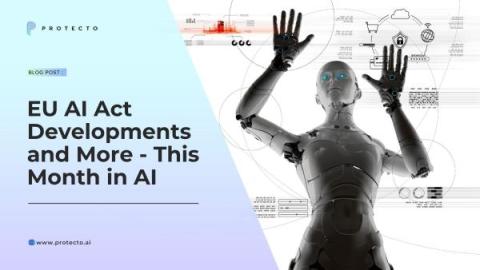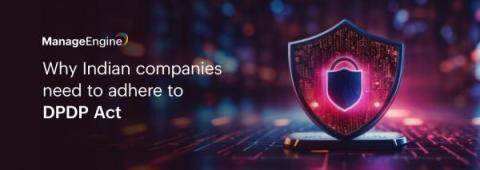Exploring Cybersecurity in the Financial Sector: The Role of DORA and ThreatQ
As the Principal Threat Intelligence Services Engineer and Trainer at ThreatQuotient, my role puts me in front of a diverse range of clients and partners across various industries, offering me a unique perspective on the impact of regulatory frameworks on cybersecurity. Through our European Union (EU) based clients and partners, I have seen the emergence of the need to be compliant with the Digital Operational Resilience Act (DORA).











